Autonomous Vehicles: Driving the Future of Transportation
Welcome aboard the journey into the future of transportation! In this exploration, we’ll delve into the revolutionary world of autonomous vehicles and how they are steering us towards a new era of mobility. From the streets of innovation to the highways of the future, autonomous vehicles are not just changing lanes; they are driving the very essence of transportation as we know it.
Table of Contents
Navigating the Autonomous Landscape
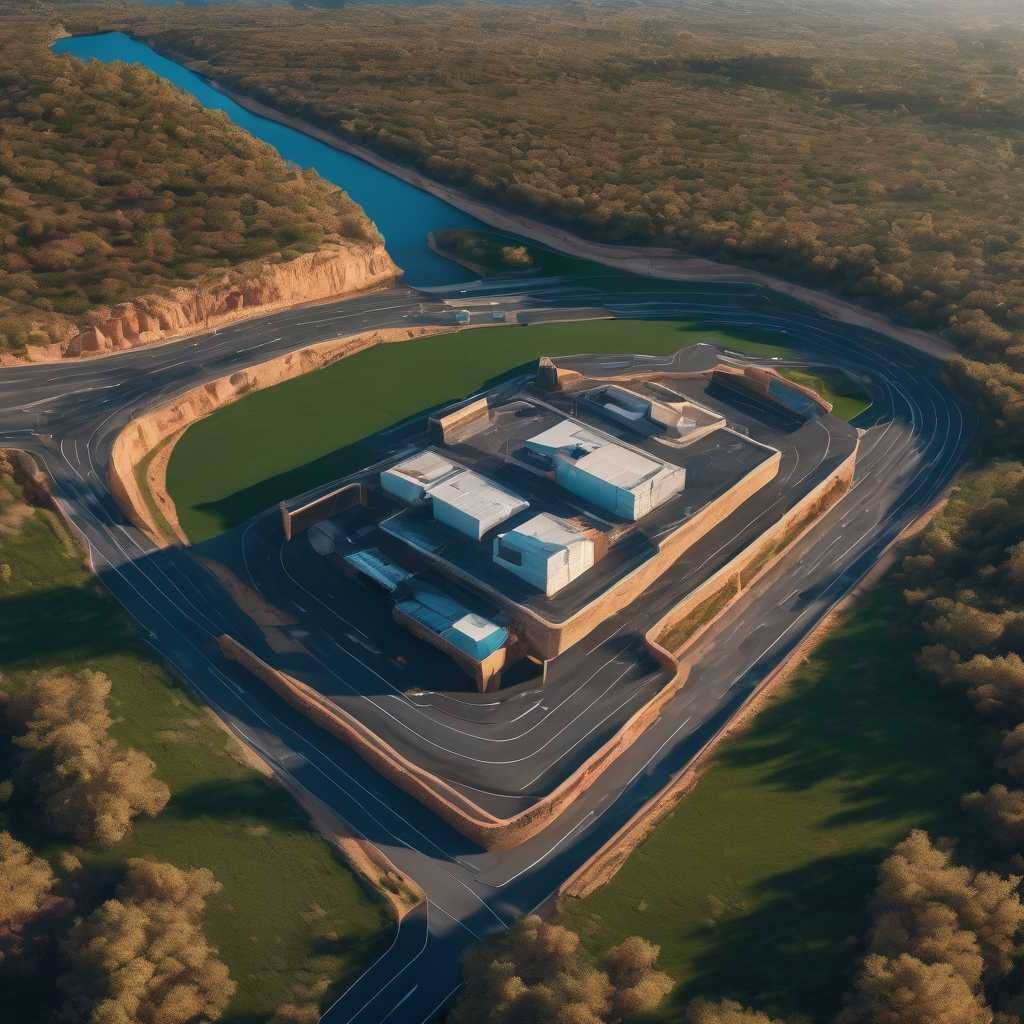
The road to autonomous vehicles is marked by groundbreaking technological advancements and a vision for a safer, more efficient transportation system. These self-driving marvels are not confined to the realm of science fiction; they are a tangible reality, leveraging artificial intelligence, sensors, and cutting-edge computing to navigate the complexities of the road.
The Rise of Autonomous Vehicles
In recent years, the automotive industry has witnessed a seismic shift with the rise of autonomous vehicles. Pioneered by companies like Tesla, Waymo, and Uber, these vehicles are not merely an evolution; they represent a revolution in the way we move. The integration of autonomous technologies promises not only enhanced safety but also a redefinition of our relationship with transportation.

Applications Beyond the Road

Autonomous vehicles are not limited to personal cars; their applications extend across various modes of transportation, reshaping the landscape of mobility.
Transforming Public Transportation
Imagine a future where public transportation is not just a means to an end but an experience tailored to individual needs. Autonomous buses and shuttles have the potential to optimize routes based on real-time demand, providing a flexible and convenient alternative to traditional public transit.

Autonomous Delivery Revolution
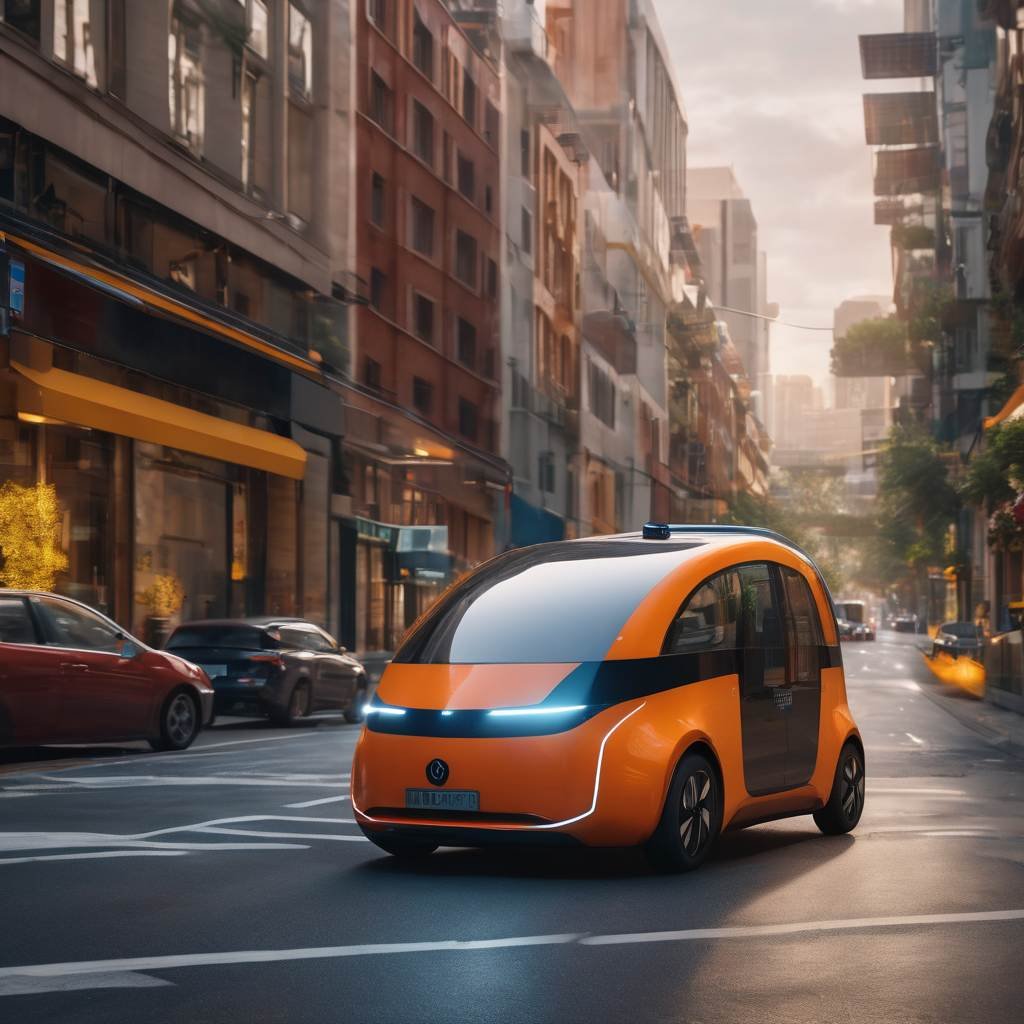
The surge in e-commerce has paved the way for an autonomous delivery revolution. Vehicles equipped with secure compartments and advanced navigation systems are poised to revolutionize the last-mile delivery process, making it more efficient and cost-effective.
Ethical Considerations in Autonomous Driving
Delve into the ethical implications surrounding autonomous vehicles. Discuss topics such as decision-making algorithms, responsibility in case of accidents, and the broader ethical framework governing the deployment of self-driving technology.

The Role of Artificial Intelligence in Autonomous Vehicles
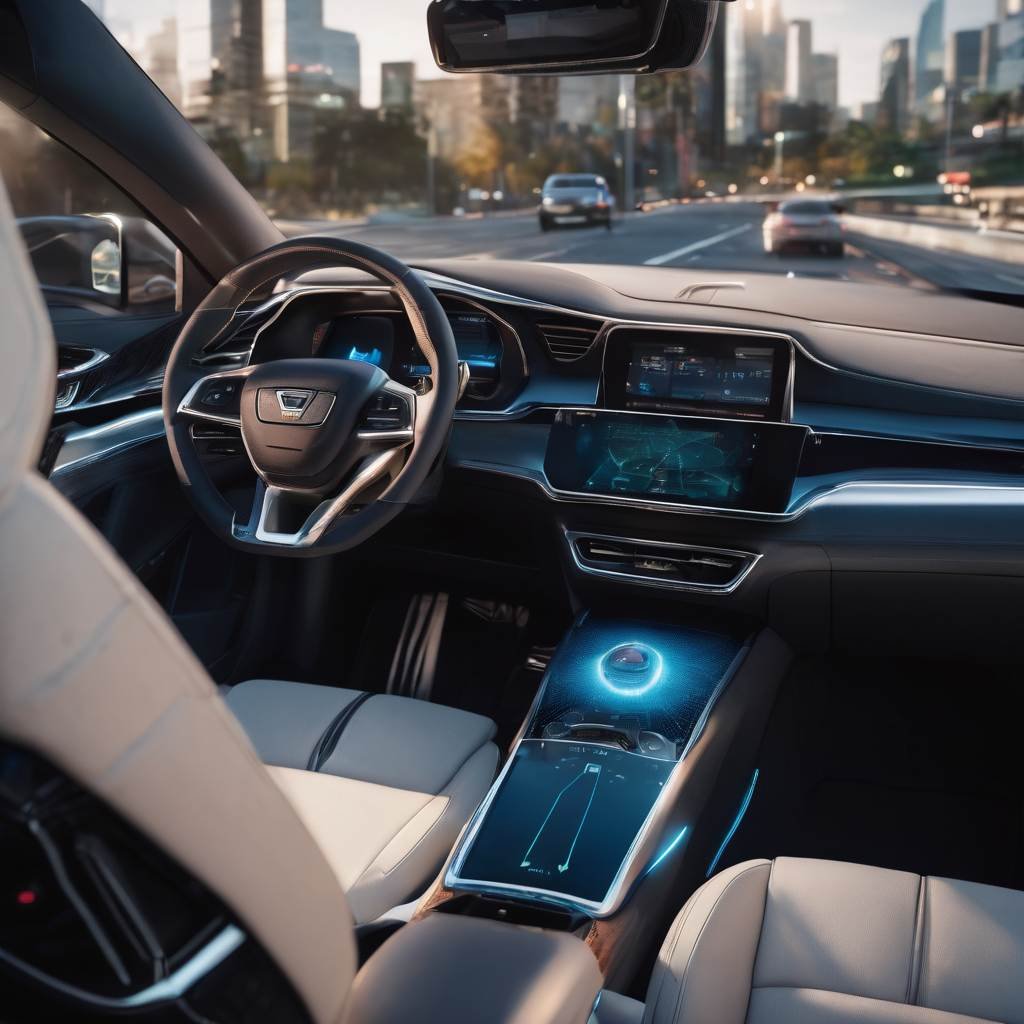
Explore the intricate relationship between autonomous vehicles and artificial intelligence. Discuss how AI powers decision-making processes, machine learning for improved performance, and the evolving synergy between these two transformative technologies.
Challenges and Solutions in Autonomous Vehicle Development
Examine the hurdles faced by engineers and developers in creating reliable autonomous systems. Discuss challenges like complex urban environments, inclement weather, and the ongoing quest for robust safety mechanisms.

Autonomous Vehicles and Smart Cities
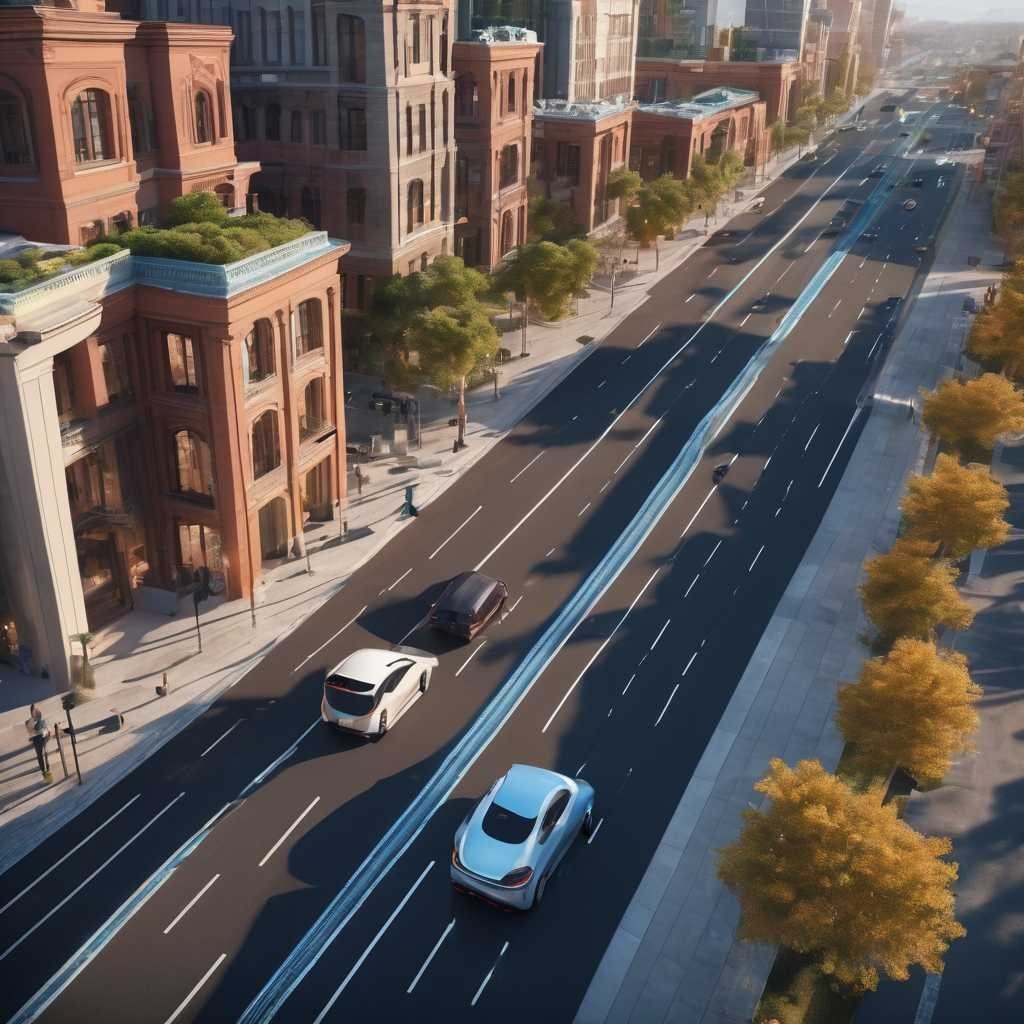
Investigate the symbiotic relationship between autonomous vehicles and the development of smart cities. Explore how self-driving technology can integrate with smart infrastructure to optimize traffic flow, reduce congestion, and enhance overall urban living.
The Economics of Autonomous Transportation
Analyze the economic impact of autonomous vehicles on various industries. Discuss potential cost savings, job market changes, and the overall financial implications of transitioning to a more autonomous-centric transportation ecosystem.

User Adoption and Trust in Autonomous Vehicles
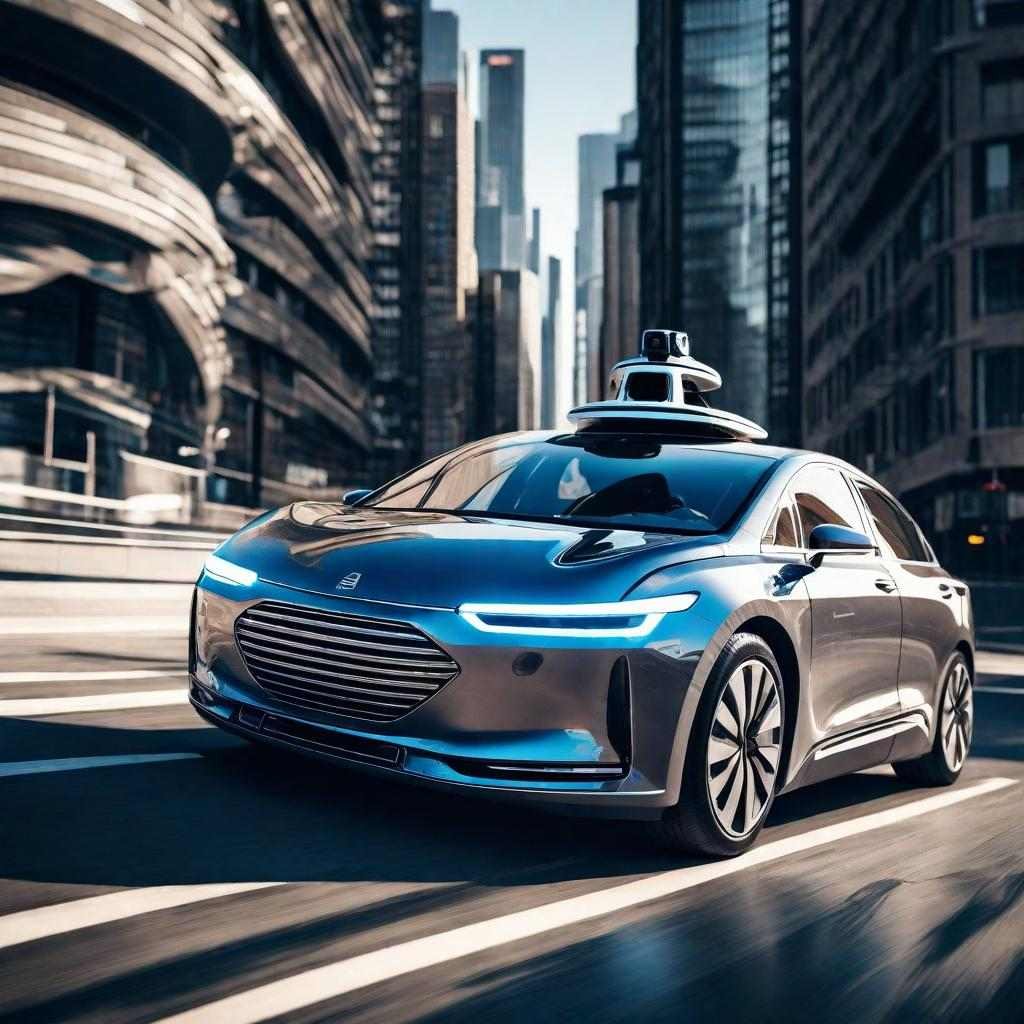
Explore the human side of autonomous transportation – how users perceive and trust self-driving technology. Discuss strategies for building public trust, addressing concerns, and fostering a positive attitude towards the adoption of autonomous vehicles.
Environmental Sustainability in Autonomous Transportation
Examine the potential environmental benefits of autonomous vehicles. Discuss how self-driving technology can contribute to reduced traffic congestion, improved fuel efficiency, and the overall environmental sustainability of transportation systems.

Collaboration and Partnerships in the Autonomous Vehicle Industry

Highlight the collaborative efforts within the autonomous vehicle industry. Discuss partnerships between automotive companies, technology firms, and regulatory bodies, emphasizing how collaboration is shaping the future of autonomous transportation.
Legal and Regulatory Challenges in Autonomous Driving
Investigate the legal landscape surrounding autonomous vehicles. Discuss the challenges of creating standardized regulations, liability frameworks, and the role of governments in ensuring the safe and responsible deployment of self-driving technology.
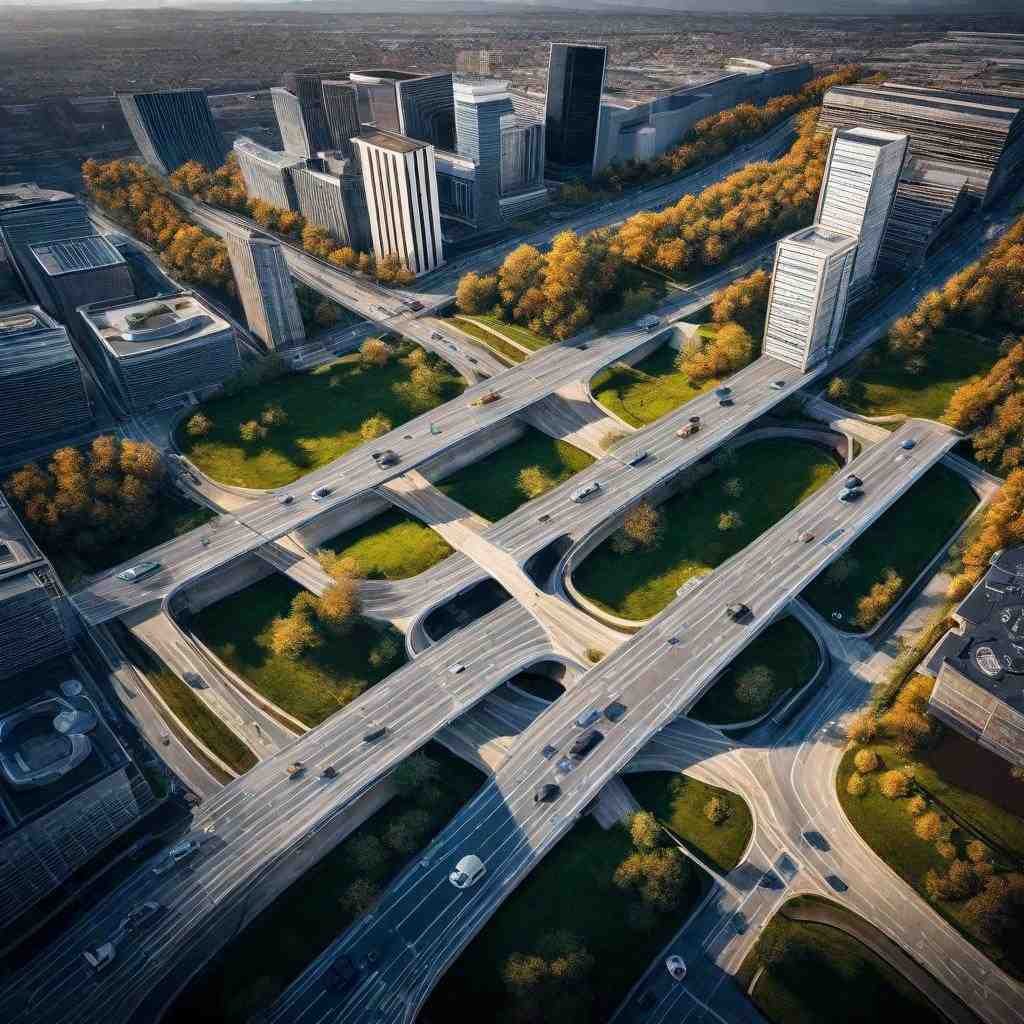
The Future Beyond Roads: Autonomous Drones and Flying Vehicles

Take a glimpse into the future where autonomy extends beyond roads. Explore the development of autonomous drones and flying vehicles, discussing their potential applications in transportation, logistics, and urban planning.
By incorporating these additional topics, you can provide a more comprehensive and engaging exploration of the diverse facets surrounding autonomous vehicles and their impact on the future of transportation.
Autonomous Vehicles: Driving the Future of Transportation

Q1: What does “Driving The Future Of Transportation” mean?
A1: “Driving The Future Of Transportation” refers to the ongoing efforts and innovations aimed at shaping the future landscape of how people and goods are transported. This encompasses advancements in technology, infrastructure, sustainability, and mobility solutions.
Q2: What are the key drivers behind the future of transportation?
A2: The future of transportation is driven by factors such as technological advancements (autonomous vehicles, electric propulsion), sustainability goals, urbanization, changing consumer preferences, and the need for efficient, safe, and interconnected transportation systems.
Q3: How do autonomous vehicles contribute to the future of transportation?
A3: Autonomous vehicles play a pivotal role by offering the potential for safer and more efficient transportation. They rely on advanced sensors and AI to navigate without human intervention, reducing accidents and optimizing traffic flow.
Q4: What role does sustainability play in shaping the future of transportation?
A4: Sustainability is a crucial aspect, driving the transition towards eco-friendly modes of transportation. This includes the development of electric vehicles, the use of renewable energy sources, and the promotion of public transportation and shared mobility solutions.
Q5: How is technology influencing the future of transportation?
A5: Technology is a key enabler, with innovations such as smart infrastructure, Internet of Things (IoT), and data analytics enhancing transportation systems. Integration of these technologies leads to more efficient traffic management, improved safety, and enhanced user experiences.
Q6: How will the future of transportation impact urban planning?
A6: The future of transportation is likely to influence urban planning by encouraging sustainable and smart city initiatives. This includes the development of integrated transportation networks, pedestrian-friendly spaces, and the use of technology to optimize urban mobility.
Q7: What are some challenges in driving the future of transportation?
A7: Challenges include regulatory hurdles for new technologies, infrastructure development, public acceptance of innovations like autonomous vehicles, and addressing potential job displacement in traditional transportation sectors.
Q8: How can individuals contribute to shaping the future of transportation?
A8: Individuals can contribute by adopting sustainable transportation options, supporting policies that promote innovation, and staying informed about advancements in the transportation sector. Public awareness and participation are vital for a successful transition.
Q9: Are there any global initiatives driving the future of transportation?
A9: Yes, various global initiatives focus on sustainable and innovative transportation, such as the Paris Agreement promoting low-emission vehicles and the development of smart cities incorporating advanced transportation solutions.
Q10: How will the future of transportation impact the economy?
A10: The future of transportation has the potential to stimulate economic growth through the creation of new industries, job opportunities, increased efficiency in logistics, and the overall improvement of transportation systems contributing to economic development.
Conclusion: Navigating Tomorrow's Roads
In conclusion, the future of transportation is unmistakably autonomous. Autonomous vehicles are not just driving us from one point to another; they are steering us into a future where efficiency, safety, and sustainability converge on the highways of innovation. As we navigate the evolving landscape of autonomous transportation, we are not just witnessing a technological shift but actively participating in the transformation of how we move and connect.
So, fasten your seatbelts and get ready for the ride of a lifetime because autonomous vehicles are not just driving the future of transportation; they are propelling us into a new era of mobility where the possibilities are as vast as the open road.

Pingback: Fintech Disrupting the Financial Industry - changeoftech.com